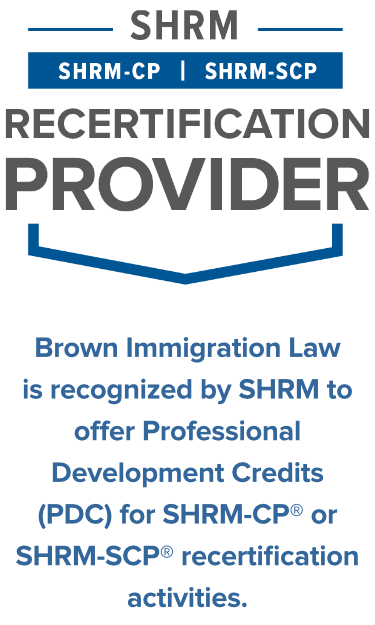Citizenship & Inadmissibility
Canadian citizenship can be acquired through three distinct avenues:
· Birth in Canada (Citizenship by Law of Soil): Individuals born in Canada automatically acquire citizenship through the law of soil.
· Birth to Canadian Citizen Abroad (Citizenship by Right of Blood or by Descent): Citizenship can be inherited by individuals born to Canadian citizens abroad, either through the right of blood or descent.
· Naturalization (Grant of Citizenship): Citizenship may be obtained through naturalization, a process involving the granting of citizenship.
Generally, individuals born abroad to Canadian parents who believe they are Canadian citizens by descent can apply for proof of citizenship. This involves submitting an application for a citizenship certificate through Immigration, Refugees, and Citizenship Canada (IRCC).
To be eligible for naturalization, applicants must meet the qualifications outlined in section 5(1) of the Citizenship Act, including having been physically present in Canada for at least 1095 days in the five (5) years immediately before the date of submission of the application for citizenship.
For individuals deemed inadmissible to Canada due to a criminal record, which may include offenses such as Driving While Intoxicated (DWI), there are avenues to gain entry with the proper authorization. This authorization can be obtained through either a Temporary Resident Permit or an Approval of Criminal Rehabilitation.
Temporary Resident Permit (TRP): This form of authorization provides temporary permission to enter Canada. It’s essential to note that a TRP can be cancelled at any time, making it a conditional and time-sensitive solution.
Approval of Criminal Rehabilitation: Unlike a Temporary Resident Permit, an Approval of Criminal Rehabilitation is a more permanent resolution. Once granted, it does not expire, providing individuals with enduring access to Canada.
Individuals may face inadmissibility to Canada for medical reasons if their presence is deemed to pose a threat to the health and safety of Canadians or if they are likely to place a significant burden on Canada’s healthcare system. This determination can also be applied in emergency situations, such as during a widespread pandemic, to safeguard public safety.
While there are limited avenues to overcome medical inadmissibility findings, solutions do exist in most situations. Prospective immigrants applying for temporary or permanent residence in Canada may undergo an immigration medical exam before entry. If the examination reveals the presence of an infectious disease or exposure to one, it could result in a finding of inadmissibility. Additionally, if a medical condition is identified that may impose a substantial burden on Canadian health services, the applicant may face entry refusal.
Individuals whose documentary evidence does not clearly demonstrate how they satisfy application requirements or those under suspicion of misrepresentation may receive a procedural fairness letter from an immigration officer. This letter serves to articulate the officer’s concerns, offering recipients an opportunity to respond and presenting a notice of the deadline for doing so.
The procedural fairness letter is a crucial step in the application process, providing a platform for individuals to address concerns raised by the immigration officer. It is essential to thoroughly understand the reasons outlined in the letter and craft a comprehensive response within the specified timeframe.



